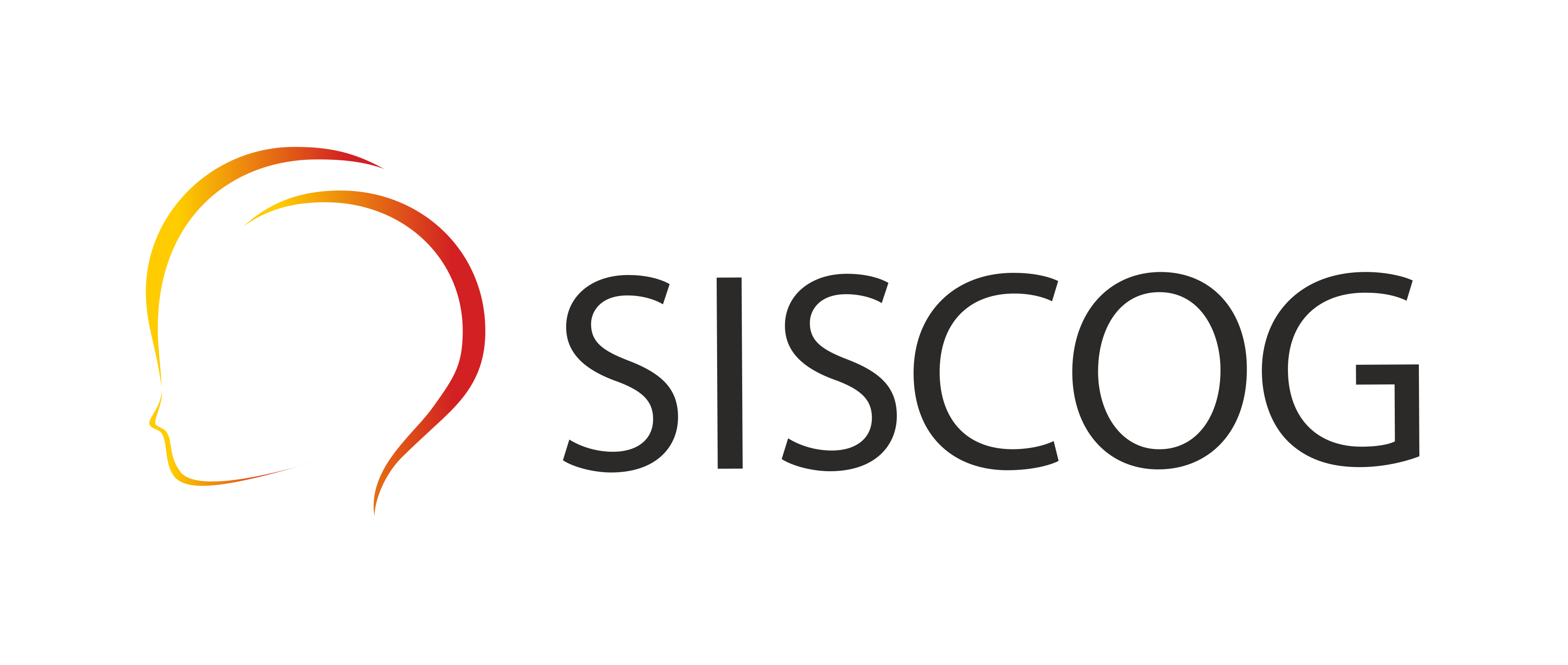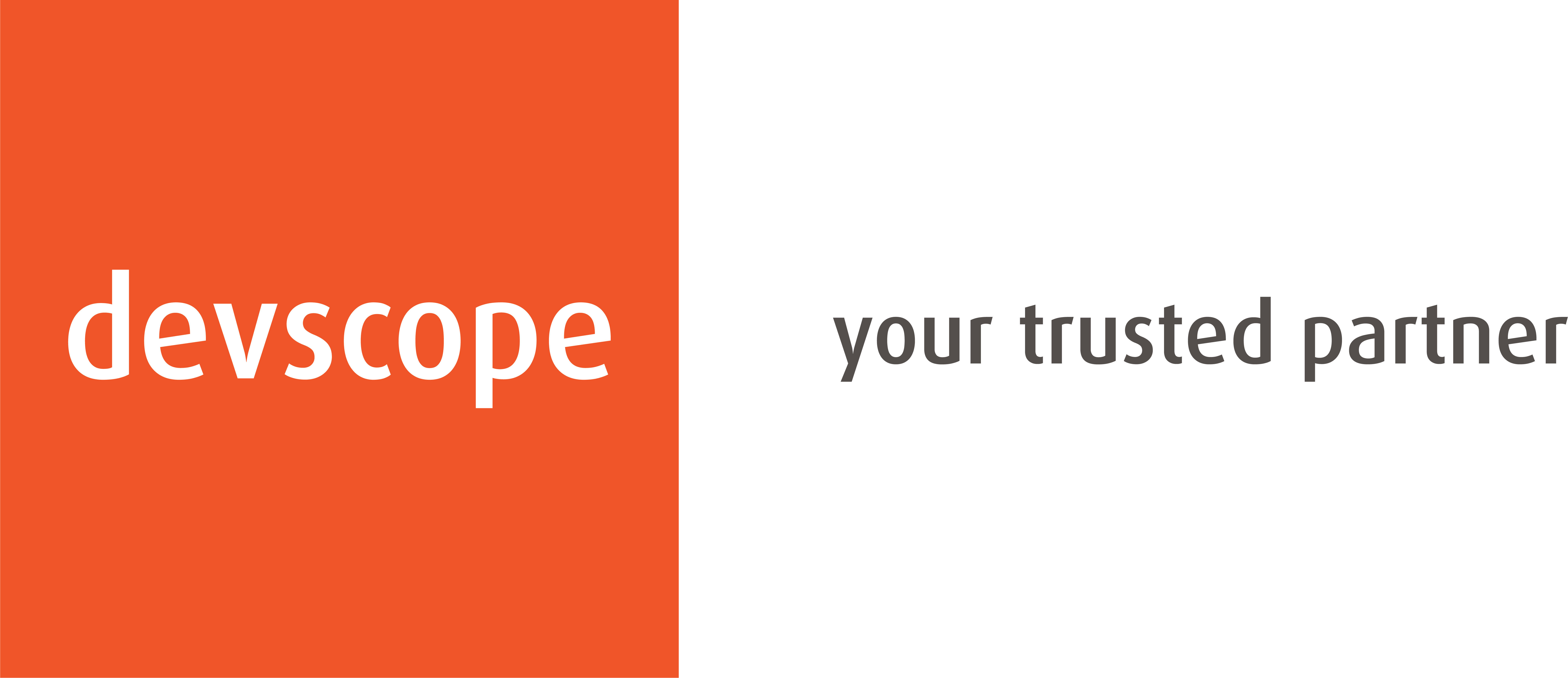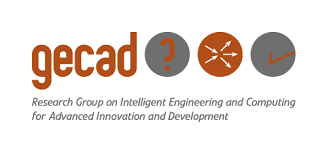Knowledge Discovery and Business Intelligence (KDBI)
In this age of big data, business organizations moving towards decision-making processes that are based on data-driven models. Knowledge Discovery (KD) is a branch of Artificial Intelligence (AI) that aims to extract useful knowledge from complex or large volumes of data. Business Intelligence (BI) is an umbrella term that represents computer architectures, technologies and methods to enhance managerial decision-making. Both KD and BI are faced with new challenges, such as: Internet expansion, real-world with increasing dynamic and unstable environments, integration of expert knowledge into the data-driven learning, and better support of informed decisions. Several AI techniques can be used to address these problems, such as Machine Learning/Data Mining/Data Science, Evolutionary Computation and Modern Optimization, Forecasting, Neural Computing and Deep Learning.
The aim of this workshop is to gather the latest research in KD and BI. In particular, papers that describe experience and lessons learned from KD/BI projects, presenting business or end user impacts using AI technologies, are welcome.
Topics of Interest
Knowledge Discovery (KD):
- Data Pre-Processing;
- Intelligent Data Analysis;
- Temporal and Spatial KD;
- Data and Knowledge Visualization;
- Machine Learning (e.g., Decision Trees, Neural Networks and Deep Learning, Bayesian Learning, Inductive and Fuzzy Logic);
- Hybrid Learning Models and Methods: Using KD methods and Cognitive Models, Learning in Ontologies, inductive logic, etc.
- Domain KD: Learning from Heterogeneous, Text and Multimedia data, Networks, Graphs and Link Analysis;
- Data Mining tasks: Classification, Regression, Clustering and Association Rules;
- Ubiquitous Data Mining: Distributed Data Mining, Incremental Learning, Change Detection, Learning from Ubiquitous Data Streams;
Business Intelligence (BI)/Business Analytics/Data Science:
- Methodologies, Architectures or Computational Tools;
- Artificial Intelligence (e.g. KD, Evolutionary Computation, Intelligent Agents, Logic) applied to BI: Data Warehouse, OLAP, Data Mining, Decision Support Systems, Dashboards, Adaptive BI and Competitive Intelligence.
Real-word Applications:
- Finance, Marketing, Banking, Medicine, Industry and Services.
- Big Data, Cloud computing, Web Intelligence and Social Network mining.
Special Issue of the Journal Expert Systems
Authors of the best papers presented at the KDBI 2019 track of EPIA will be invited to submit extended versions of their manuscripts for a special issue KDBI of the ‘The Wiley- Blackwell Journal Expert Systems: The Journal of Knowledge Engineering’, indexed at ISI Web of Knowledge (ISI impact factor JCR 2017 1.430).
This special issue corresponds to the 5th KDBI special issue on Expert Systems (ES) journal. All previous KDBI tracks of EPIA have led to special issues in this journal. For example, the KDBI 4th issue is available at: https://onlinelibrary.wiley.com/doi/epdf/10.1111/exsy.12314
Paper Submission Instructions
All accepted papers will be published by Springer in a volume of Springer’s Lecture Notes in Artificial Intelligence (LNAI) corresponding to the proceedings of the 19th EPIA Conference on Artificial Intelligence, EPIA 2019.
Submissions must be original and not published elsewhere. Papers should not exceed twelve (12) pages in length and must adhere to the formatting instructions of the conference. Each submission will be peer reviewed by at least three members of the Program Committee. The reviewing process is double blind, so authors should remove names and affiliations from the submitted papers, and must take reasonable care to assure anonymity during the review process. References to own work may be included in the paper, as long as referred to in the third person. Acceptance will be based on the paper’s significance, technical quality, clarity, relevance and originality. All accepted papers must be presented orally the conference by one of the authors and at least one author of each accepted paper must register for the conference.
This track also accepts short papers submissions (maximum of 6 pages) for position papers, work in progress and application/demonstration papers. The registration fee is the same for regular and short papers. In case of acceptance authors will have the same time for paper presentation.
All papers should be submitted in PDF format through the EPIA 2019 EasyChair submission page. Prospective authors should select the thematic track to which their paper is to be submitted.
Important Dates
Paper submission deadline (Extended) : April 15, 2019 April 30, 2019
Notification of paper acceptance: May 31, 2019, June 7, 2019
Camera ready papers deadline: June 15, 2019, June 21, 2019
Conference dates: September 3-6, 2019
Organizing Committee
Paulo Cortez, University of Minho, Portugal
Alfred Bifet, Université Paris-Saclay, France
Luís Cavique, Universidade Aberta, Portugal
João Gama, INESC TEC, Portugal
Nuno Marques, FCT-Universidade Nova de Lisboa, Portugal
Manuel Filipe Santos, University of Minho, Portugal
Program Committee
Alicia Troncoso, Pablo de Olavide University, Spain
Agnes Braud, University Robert Schuman, France
Alberto Bugarin, University of Santiago de Compostela, Spain
Alípio Jorge, University of Porto, Portugal
Amilcar Oliveira, Universidade Aberta, Portugal
André Carvalho, University of São Paulo, Brazil
Antonio Tallón-Ballesteros, University of Seville, Spain
Armando Mendes, University of Azores, Portugal
Bernardete Ribeiro, University of Coimbra, Portugal
Carlos Ferreira, Institute of Eng. of Porto, Portugal
Elaine Faria, Universidade Uberlândia, Brasil
Fátima Rodrigues, Institute of Eng. of Porto, Portugal
Fernando Bação, New University of Lisbon, Portugal
Filipe Pinto, Polytechnical Inst. Leiria, Portugal
Karin Becker, UFRGS, Brazil
Leandro Krug Wives, UFRGS, Brazil
Manuel Fernandez Delgado, University of Santiago de Compostela, Spain
Marcos Domingues, University of São Paulo, Brazil
Margarida Cardoso, ISCTE, Portugal
Mark Embrechts, Rensselaer Polytechnic Institute, USA
Mohamed Gaber, University of Portsmouth, UK
Murate Testik, Hacettepe University, Turkey
Ning Chen, Institute of Eng. of Porto, Portugal
Phillipe Lenca, IMT Atlantique, France
Rita Ribeiro, Universidade do Porto, Portugal
Rui Camacho, University of Porto, Portugal
Sérgio Moro, ISCTE-IUL, Portugal
Ying Tan, Peking University, China


















